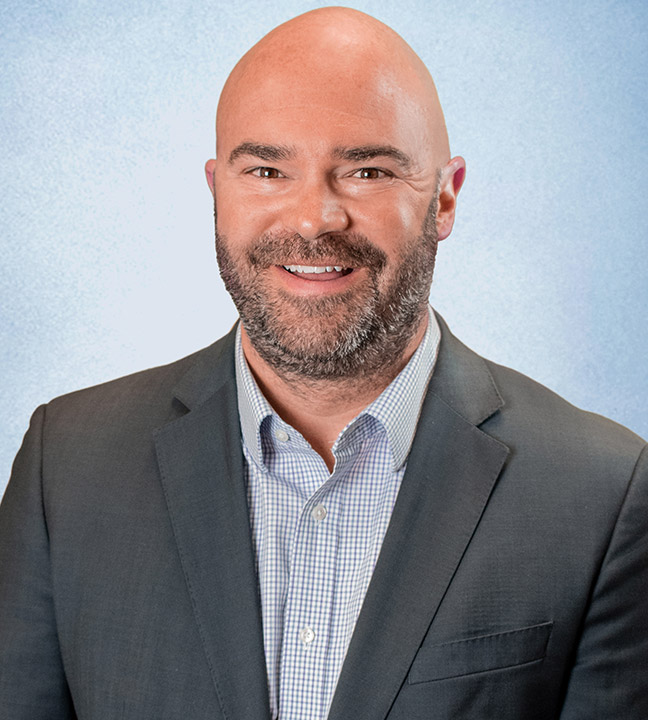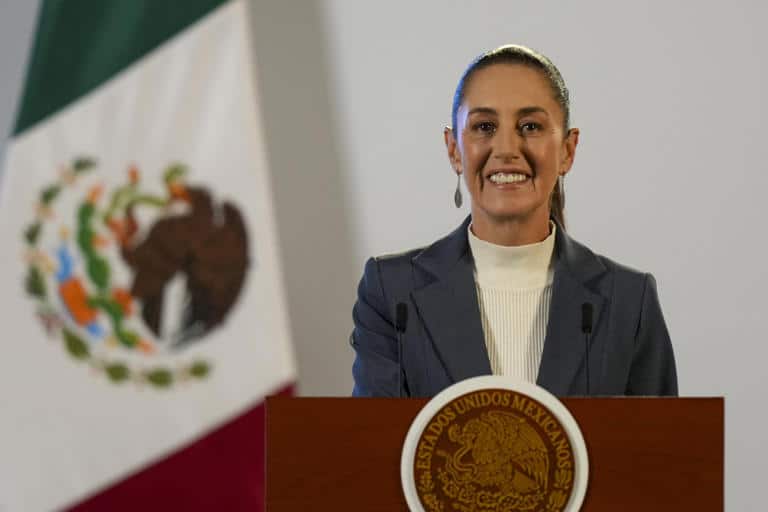Anyone hoping that Donald Trump’s talk of increased tariffs was simply embellished campaign rhetoric was likely disheartened last week when the president-elect took to social media to double down on his promises.
- Trump specifically laid out plans for the countries bordering the U.S., vowing a 25% tariff on all imports from Mexico and Canada, beginning when he takes office on January 20.
- His reasoning for these tariffs is attributed to a broad claim that both countries are allowing drugs to enter the U.S. and, therefore, will have to take action in order for the tariffs to be removed.
Notably, these potential tariffs would appear to violate the terms of the U.S.-Mexico-Canada Agreement (USMCA), which Trump signed into law in 2020. Many U.S. imports from Canada and Mexico are exempt from tariffs under the USMCA.
With many companies spending much of the past few years considering or implementing “nearshoring” manufacturing options in the U.S.’s bordering countries, there could be promotional products implications to this announcement. With increased Chinese tariffs also promised, many promo leaders are admitting that the math would only go in one direction; prices look likely to increase.
In specific reference to the Mexico/Canada tariffs, PPAI Media reached out to a number of promo companies* that import from either country to get a sense of what they are preparing for and what it could mean for the industry as a whole.
*Multiple suppliers declined to share their immediate reaction to the tariff threats, opting to comment only on official policy decisions. One supplier mentioned that Trump has made similar threats before.
The Promo World Reacts
Trump’s style of politicking tends to leave a general vagueness between the threats and promises he makes public and the specific reality in which he will use his power. That being said, his recent social media posts have made his tariff plans far less abstract. Whether or not it’s all a negotiation tactic, he has laid out his intentions.

Anthony St. Peter
President, Stellar Lanyards
“[Implementing these tariffs] on day one of his presidency removes his leverage in further negotiations as imposed by using some sort of escalating ladder,” says Anthony St. Peter, president of Stellar Lanyards, which has been a manufacturer and bonded importer in Mexico for more than 15 years. “This was a power move of him making a statement his presidency starts today instead of January 20 as he’s already beginning negotiations.”
In the case of Stellar Lanyards, St. Peter says that the company’s long history of having a main office in Mexico has helped it prepare for possibilities such as these, claiming it will be able to pull off only a small increase in price.
“If we raise our net product costs by some amount less than 6 cents each, we would be able to absorb the proposed tariffs,” St. Peter says. “Not ideal, but I don’t see anyone raising an eye to an increase that small.
“I’m not a fan of tariffs in any form and can see these increasing the cost of our everyday lives, but in the case of the goods Stellar sells, I’m not worried at the moment.”
Alan Meinstein, CEO of Spector & Co., PPAI 100’s No. 35 supplier, is similarly confident in not only his company’s ability to maneuver the tariffs, but also the industry’s ability in general.

Alan Meinstein
CEO, Spector & Co.
“While it is too early to determine the full extent of the implications, we are proactively assessing the situation to ensure we can adapt as needed and continue to serve our customers effectively,” Meinstein says. “The promotional products industry has proven resilient in the face of change, and we believe in the strength and adaptability of our business and our partners across the supply chain.”
On the other hand, Scott Edidin, co-founder of California-based supplier 6AM Sourcing, cannot overlook the significant long-term implications of the proposed tariffs.

Scott Edidin
Co-founder, 6AM Sourcing
“While the immediate impact may be limited, the tariffs threaten the stability and sustainability of manufacturing operations if Mexico’s export economy to the U.S. is severely impacted,” Edidin says. “This instability could disrupt supply chains and increase costs.”
Similarly, Asif Bandeali, COO of Fairdeal Import and Export, based out of Canada, points to the fact that these are large tariffs directed at regular trade partners of the U.S.
“Most suppliers will try to absorb as many tariff fees as possible, but 25% is not a rounding error,” Bandeali says. “Some costs will be passed down to the distributor and end users.”

Asif Bandeali
Chief Operating Officer, Fairdeal
Chris Anderson, PPAI Board of Directors member and CEO of HPG – PPAI 100’s No. 6 supplier – which has a presence in Mexico as a result of its 2023 acquisition of Evans Manufacturing, is anticipating that Trump’s posts about tariffs are a first step in the president-elect’s attempt to play the role of dealmaker with Mexico and Canada.
“As such, our expectation is that 25% tariffs represent a worst-case-scenario – and an unlikely one, at that – given that each country has meaningful incentive to arrive at a place of trade and economic harmony,” Anderson says.

Chris Anderson
CEO, HPG
Mexico Reacts
Anderson’s interpretation of Trump’s logic is likely correct, but negotiations through threats can come with their own risk, and Mexico’s president Claudia Sheinbaum does not appear to have responded favorably to Trump’s tariff proposal, according to reporting by Law360’s Alex Lawson.
Sheinbaum even seemed to suggest that such tariffs could be met with retaliatory tariffs.
“These major challenges require cooperation and mutual understanding. One tariff will be followed by another in response, and so on until we put common companies at risk,” says Sheinbaum (through translation).
Respectful dialogue remains a possible, and preferred, route to navigating trade with the U.S.’s new leader, according to Sheinbaum. However, the Mexican president’s initial reaction to Trump’s posts and the language he used does not suggest that she was intimidated by his tactics.
“We negotiate as equals, there is no subordination here, because we are a great nation,” Sheinbaum says. “I think we are going to reach an agreement.”

Claudia Sheinbaum
President, Mexico
How Can Promo Respond?
Tariffs present negative consequences for U.S. companies, but Anderson says that there are immovable problems and problems with creative solutions, and this would represent the latter.
“Compared with a practical or operational disruption, such as a port closure or the shelter-in-place restrictions many businesses faced during the pandemic, increased tariffs are a solvable problem.”
Anderson advises large companies to prepare to look internally to offset the possible impact of tariffs.
“Such opportunities can come in the form of redistributing production and supply to non-tariff-impacted regions (HPG has a global supply chain, and North American production sites spanning every time zone in the USA, along with Canada and Mexico), along with continued investments in efficiency-driving equipment and technology,” Anderson says.
Whatever a company’s ability to offset costs might be, budget planning for companies of all sizes may need to have a number of contingency options to consider the possible outcomes and ramifications of Trump’s current tariff proposals.


